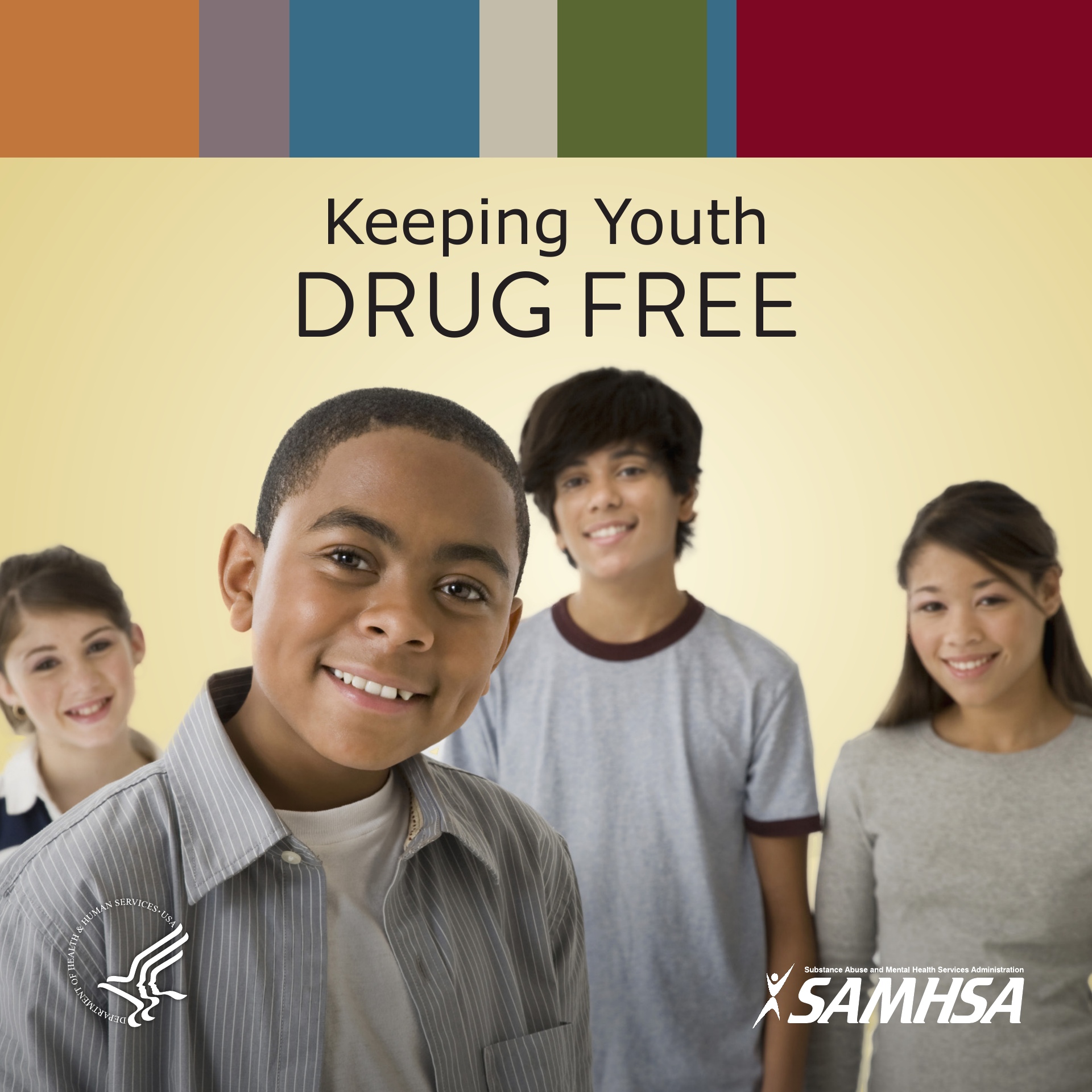On August 29, President Trump announced $90.9 million support for Drug-Free Community (DFC) Grants, a program that administers funds to “community coalitions to strengthen the infrastructure among local partners to create and sustain a reduction in local youth substance use.”
In his remarks about the grants, Trump chose to re-emphasize his commitment to punitive action against people who sell drugs, underscoring that “holding drug traffickers accountable for their crimes” is the “biggest thing” for his administration’s drug policy agenda.
“Frankly,” he added, “the punishment [for drug trafficking] is getting stronger and stronger. Maybe, at some point, we’ll get very smart as a nation and give them the ultimate punishment.”
Trump and his administration’s continued endorsement of drug criminalization is not just evident in his typically unfiltered public remarks. It’s also embedded in the Drug-Free Community Grants program, which is administered by mostly public health agencies, like the Department of Health and Human Services and the Substance Abuse and Mental Health Services Administration.
DFC Grant recipients are required to include members in their community coalition from each of 12 sectors, listed as: “youth (18 or younger), parent, business, media, school, youth-serving organizations, law enforcement [our emphasis], religious/fraternal organizations, civic/volunteer groups, healthcare professionals or organizations, and state, local, or tribal governmental agencies with expertise in the field of substance abuse, and any other organization involved in reducing substance abuse.”
The recipients’ mandatory collaboration with law enforcement is concerning given that the DFC program allegedly concerns itself with the prevention of youth drug misuse—not responding to crimes. It’s a distinction that has been lost before, as anyone familiar with D.A.R.E. can attest.
The spirit of criminalization in the DFC Grant program extends to the “Seven Strategies for Community Change” model prescribed for its community coalitions. In addition to public health activities such as “Providing Information” and “Improving Access/Decreasing Barriers,” the DFC Strategy recommends “Changing Consequences.”
In Fiscal Year 2016, 331 (51 percent) of community coalitions engaged in “Strengthening Enforcement,” by, for example, increasing DUI checkpoints. Additionally, 200 (30.3 percent) of the Coalitions practiced “Strengthening Surveillance” through increased “party patrols,” among other methods. For the DFC Grant program, “Changing Consequences” means increasing police surveillance and criminalizing youth.
The Trump administration often pays lip-service to treating problematic drug use and overdose as public health issues. See, for example, the President’s October 2017 declaration that the opioid crisis is a “public health emergency.” Yet according to a memo obtained by CBS News, the draft of the FY 2018 budget proposal for the Office of National Drug Control Policy contained a 95 percent funding cut—a slash anticipated to affect grant money related to treatment and prevention. (As a result of lobbying on the part of CADCA (Community Anti-Drug Coalitions of America) members, the funding was eventually included in the budget.)
Regardless of rhetoric, the language of the Drug-Free Community Grants program reveals the extent to which the logic of punishment and surveillance pervades the kind of “prevention” efforts that get funding.
Image via SAMHSA Store





Show Comments